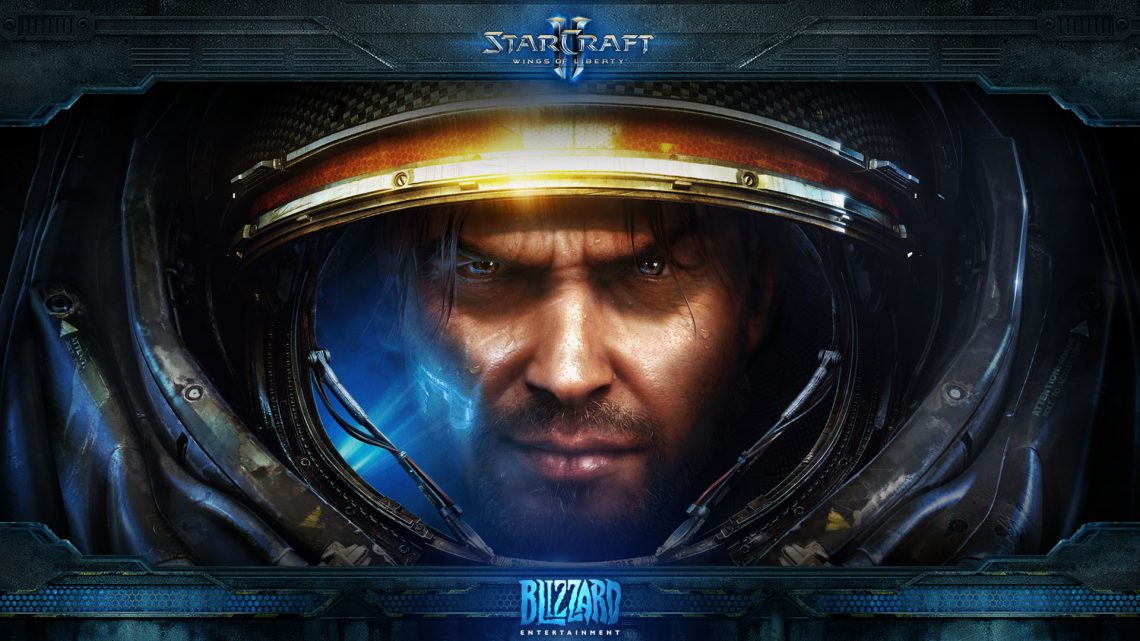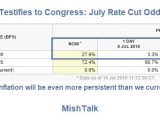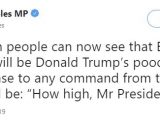
DeepMind’s ‘StarCraft II’ AI Will Soon Take on Regular Players Without Telling Them
July 10, 2019European StarCraft II players will finally be able to test their might against DeepMind's StarCraft II-playing AI called AlphaStar.
An "experimental version" of AlphaStar will be queuing into the European StarCraft II server's competitive ladder—where players participate in ranked matches—"soon," the developer said in a blog post today. Anyone who wants to participate will have to opt into the chance to play against the StarCraft II program, an option that will soon become available as an in-game pop-up window triggered by a "DeepMind opt-in" button on the one-on-one menu.
Here's the catch: European players that do opt-in won't know if they've been matched up against AlphaStar—these are blind test matches. DeepMind decided to run the test this way to ensure that players aren't tailoring their strategies specifically for AlphaStar; instead, they want StarCraft II users to play normally. Blizzard said AlphaStar will be matched up against players on a "small number" of games, but didn't specify exactly how many.
"DeepMind is currently interested in assessing AlphaStar’s performance in matches where players use their usual mix of strategies," Blizzard said in its blog post. "Having AlphaStar play anonymously helps ensure that it is a controlled test, so that the experimental versions of the agent experience gameplay as close to a normal 1v1 ladder match as possible. It also helps ensure all games are played under the same conditions from match to match."
Blizzard won't be revealing "exactly when or how often" AlphaStar will queue up into the ladder, either. Matchmaking will work as it typically does, decided with accordance the game's normal parameters. And regardless of whether a player wins or loses against AlphaStar, MMR—the internal ranking system—will be adjusted up or down as usual.
Technology non-profit OpenAI ran a similar experiment with its Dota 2 AI in April, offering up the program to the public. But as it turns out, the humans entered into the arena overconfident and unprepared: the Dota 2 program won 99.4 percent of its games. But despite the serious loses, the human players were able to learn and adapt from the replays of each of their games. Players attempted to pick up the nuances and intricacies of the Dota 2 AI—and did make some progress, despite the meager 42 wins.
AlphaStar's anonymity could be a negative for human players, unable to study the matches and figure out ways to win. But it could also be a positive; players won't be nervous about playing against an AI, thinking they've got equal footing with their opponents.
Like previous versions of AlphaStar, the AI program can't see and process the whole map unless it's been unshrouded by an in-game unit. As with human players, AlphaStar sees using the camera view. (AlphaStar can, however, perceive what it sees a lot faster than humans.) There are restrictions, which DeepMind considered with the help of pro players, some of whom played against DeepMind in January. The pro players lost most games, but Grzegorz “MaNa” Komincz did beat the program in one live match.
The version of AlphaStar that will be playing on the ladder is fixed, meaning it won't learn from these matches. AlphaStar has only learned from human replays and playing itself.
After the test is over—again, neither Blizzard nor DeepMind have said how many it will play—the DeepMind team will analyze the results, which Blizzard said will be released "in a peer-reviewed scientific paper along with replays of AlphaStar's matches."
Blizzard and DeepMind have not responded to VICE's request for more information before publication time.


